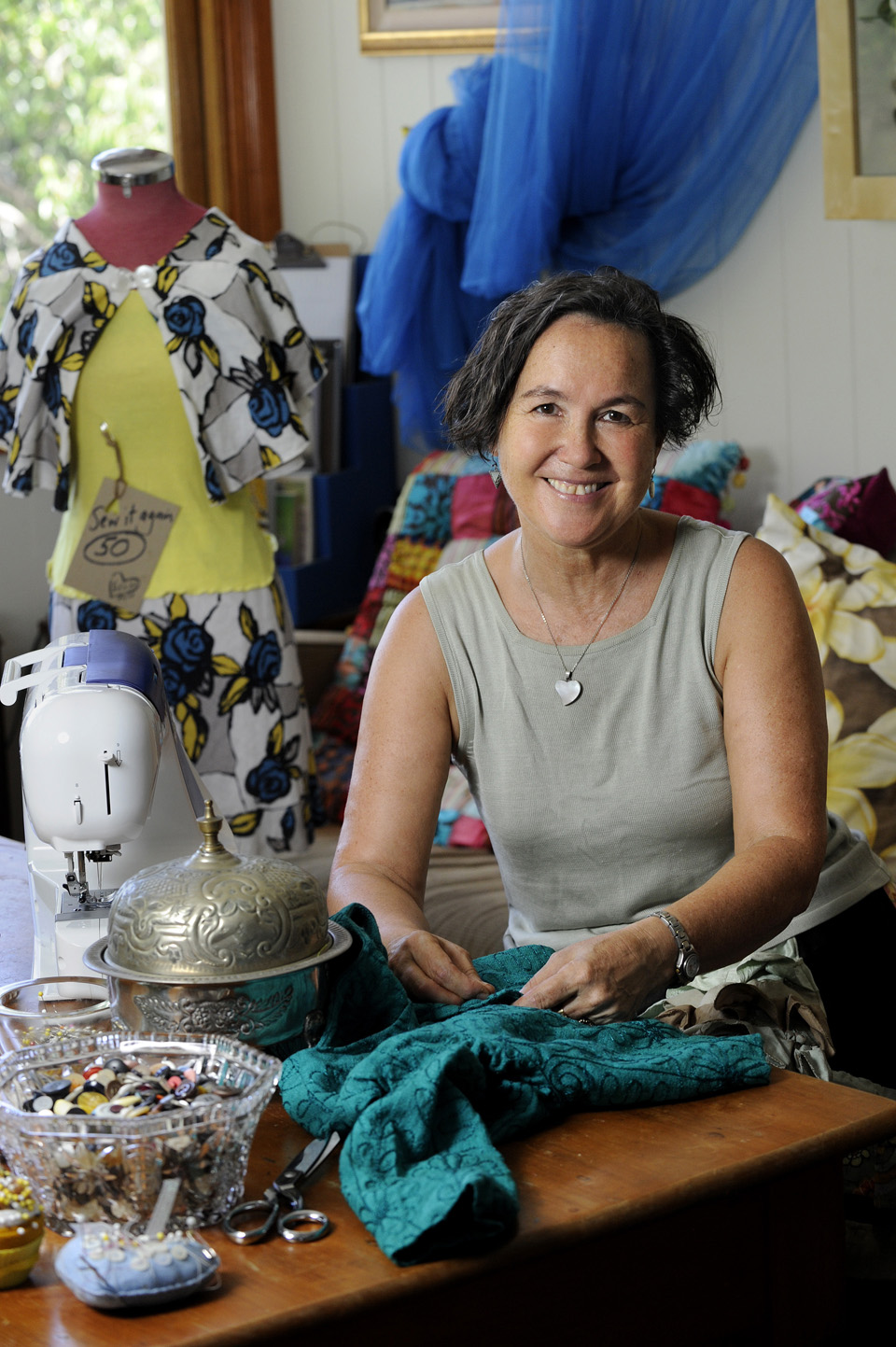 Most of us are materialistic by nature. We like stuff that is useful, pretty, holds memories, provides comfort, brings status, or appeals in some other way.
Most of us are materialistic by nature. We like stuff that is useful, pretty, holds memories, provides comfort, brings status, or appeals in some other way.
It is the ability to imagine how new things might change our lives that drives us to acquire them. New Scientist magazine’s March 29 feature The Meaning of Stuff described this as transformation expectation, imagining how it may enhance and somehow make things better.
But being more mindful about consumption – of food, energy, clothing, technology, sweet stuff – leads to better outcomes for ourselves and the planet. For example, use of apparel fibre has increased by 80 percent in the past two decades, three times the rate of population growth, according to the table below from a 2013 FAO World Apparel Fibre Consumption Survey. The report is written from a consumption perspective on recession impacts but can be interpreted as an overall warning because per capita consumption between 1992 and 2010 ballooned from 7kgs up to 11kgs of fibre per person per year. This is unsustainable. Continue Reading →